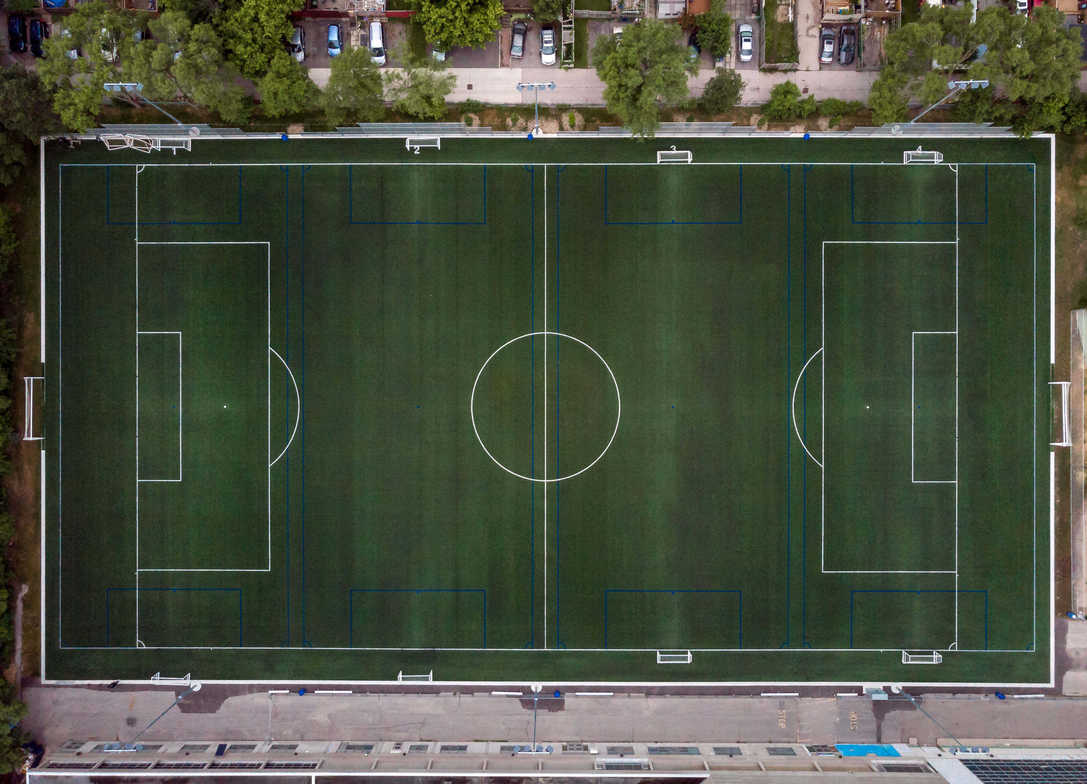
Parents as Advocates
Youth sports offer countless benefits, from physical fitness to teamwork and personal growth. However, the risk of concussions is a significant concern for parents of youth athletes. In this post, we delve into the pivotal role parents play in ensuring their child's safety, education, and well-being when it comes to concussions. By understanding the risks, advocating for proper protocols, and offering unwavering support, parents can be the guiding force in their young athlete's journey toward responsible and informed participation in sports.
Concussions and Youth Athletes: Understanding the Risks
Concussions are a type of traumatic brain injury that can occur during sports activities due to falls, collisions, or sudden impacts. For young athletes, whose brains are still developing, the effects of concussions can be more profound:
- Developing Brains: The developing brains of youth athletes are more susceptible to the effects of concussions, making proper management crucial.
- Long-Term Implications: Research shows ignored or mishandled concussions can lead to long-term cognitive and emotional issues, and even other, seemingly unrelated injuries, such as ankle sprains and knee injuries.
- Cumulative Risk: Repeated concussions without adequate recovery time increase the risk of more severe injuries.
The Parent's Role: Navigating Concussion Awareness and Management
Parents are the first line of defense when it comes to their child's safety on the field. There are key things every parent should do to be prepared in the event their child does sustain a concussion:
- Education: Parents should familiarize themselves with the signs, symptoms, and consequences of concussions to recognize them early.
- Open Communication: Encouraging open dialogue with their young athletes ensures they feel comfortable reporting potential injuries. Oftentimes, kids try to hide a concussion from their parents (or coach) if they think they will take them out of the game for an indefinite period of time. Letting your child know that getting them back in the game - safely - is a priority for you will make a big difference in them opening up. Just yesterday I had a college athlete trying to hide concussion symptoms from her team trainer. As a clinician, it is my responsibility to work as a care team with her trainer and others. As a parent, it is your responsibility to help them share information with the care team!
- Advocacy: Parents should advocate for concussion education and protocols within sports organizations to ensure proper management. Many coaches and athletic trainers have been involved in sports for many years and haven’t stayed up-to-date on new innovations and research that can guide them to get kids back in the game - or keep them out if that is best for the athlete for a time. Advocating for the use of brain health monitoring and other cutting-edge, research-driven care protocols is one way parents can help not only their athletes, but everyone on the team, to stay safe.
- Medical Care: Seeking immediate medical attention and adhering to return-to-play guidelines are essential for their child's recovery. Taking care to select a medical professional who is an expert in concussions and brain health can make a huge difference in the recovery and well-being of your child. Most traditional pediatricians do not have advanced training in this area.
- Emotional Support: It should go without saying that parents play a key role in the emotional support for their children, and need to take this seriously. Providing emotional support during recovery reinforces the importance of health over competition.
Creating a Safe Sports Environment for Youth Athletes
Parents' active involvement contributes to a safer and more enriching sports experience:
- Supporting Education: Parents should encourage their child's involvement in concussion education programs offered by schools and sports organizations.
- Encouraging Multi Sport Participation: Encouraging participation in multiple sports reduces the risk of overuse injuries and fatigue, which can potentially increase the risk of concussions.
- Prioritizing Well-Being: Parents should emphasize the importance of reporting injuries promptly and following medical advice for a successful recovery.
As parents, the well-being of young athletes rests in your hands. By understanding the potential risks of concussions, being proactive in education and communication, advocating for appropriate protocols, and offering unwavering support, parents can help their children thrive in the world of youth athletics. A combination of awareness, education, and action ensures that young athletes can pursue their passions safely and responsibly, while parents can rest assured that they are doing their best to protect their child's health and future.
I want to ask you, what is one way you can grow as a support to your child-athlete? What actions can you take to make the most of the benefits sports provide to your child?
Dr. Joe O’Tool
Joe O'Tool
Contact Me


